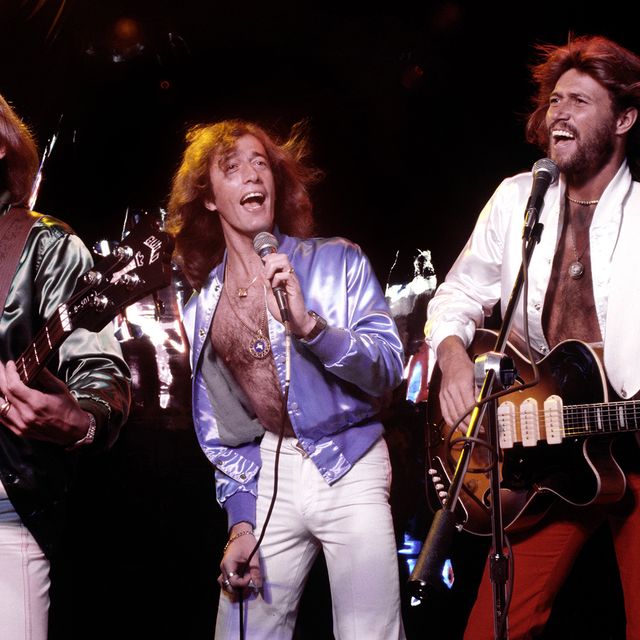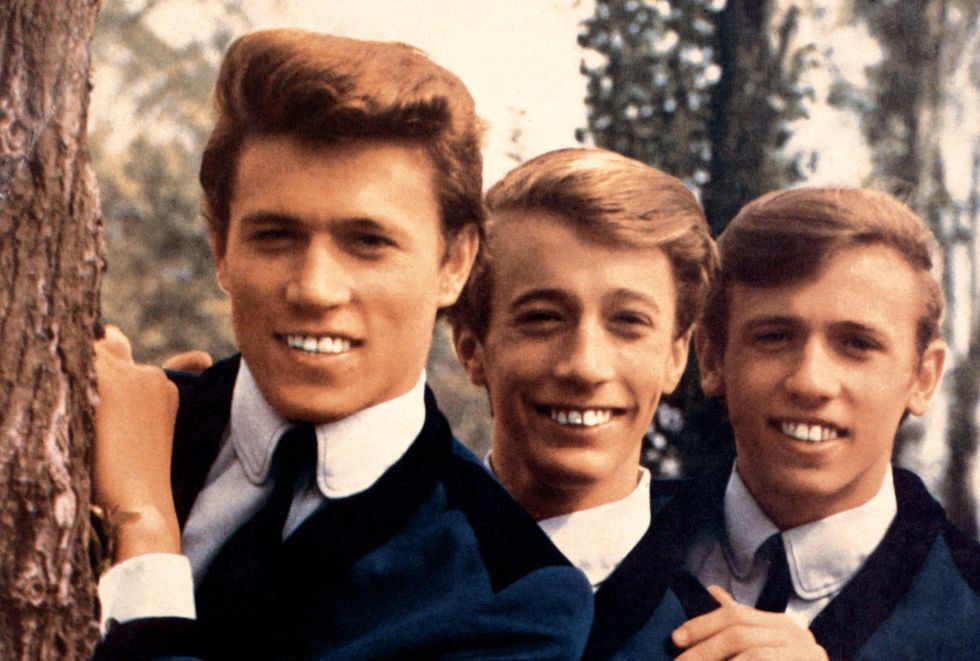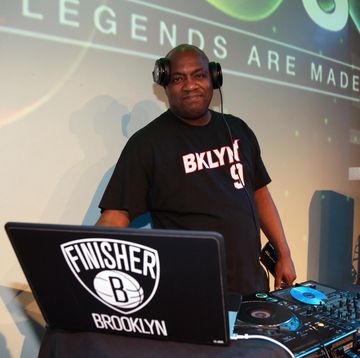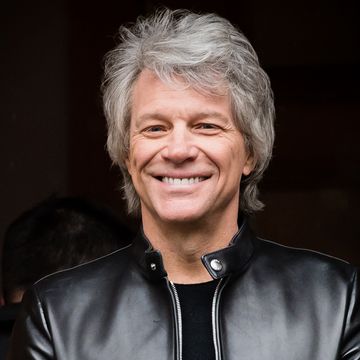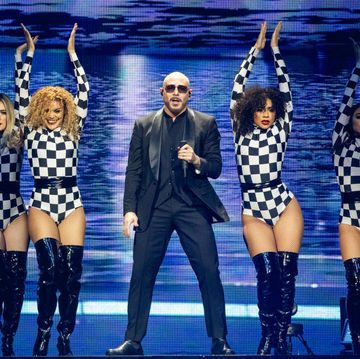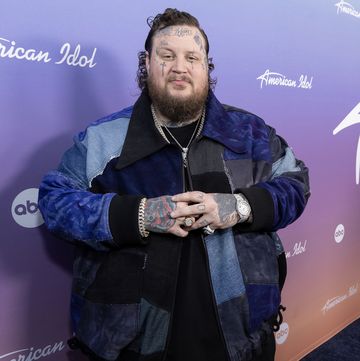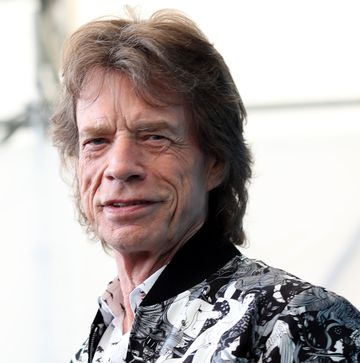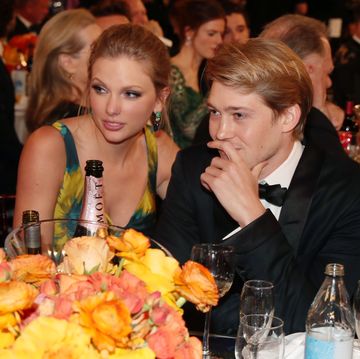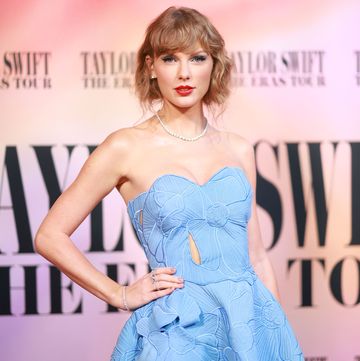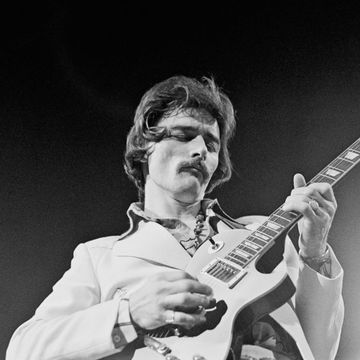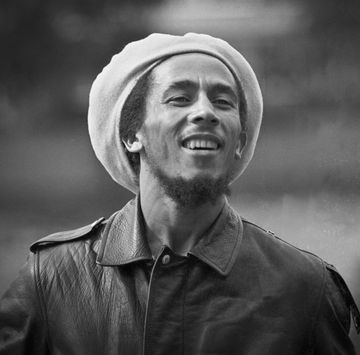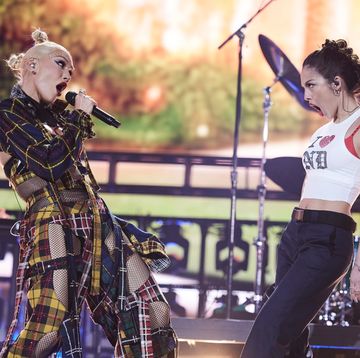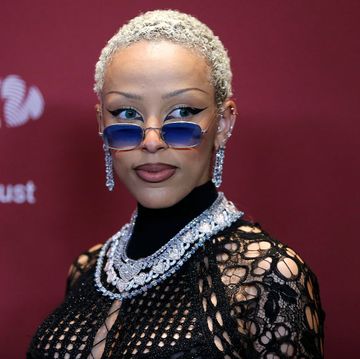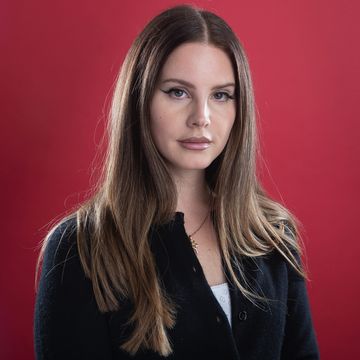While most famous bands can trace their formation through collaborations and breakups with other acts, the three brothers who comprised the Bee Gees found their place in music history through the process of growing up in the same home together.
The oldest, Barry Gibb, was born on September 1, 1946, on the Isle of Mann, between Great Britain and Ireland. Fraternal twins Robin and Maurice followed on December 22, 1949.
The boys undoubtedly inherited some musical DNA from their parents: Dad Hugh was a drummer and a bandleader, then putting his talents to use at a series of hotels on the island, and mom Barbara was known to be a gifted singer.
Still, by all accounts, the brothers realized their talents and ambitions on their own. Neighbors from this period remember Barry strumming his tennis racket and "performing" on a dock, the twins usually following him around, though recognition of their abilities wouldn't come until after the family moved to Manchester, England, in 1955.
The Gibb brothers were performing in public by the late 1950s
As recalled in The Ultimate Biography of The Bee Gees: Tales of The Brothers Gibb, Barbara returned home one day to find her father-in-law watching television. She offered to turn down what sounded like the radio playing in another room, only to realize that the music was coming from nine-year-old Barry and his six-year-old brothers singing in unison.
Barry received his first guitar that Christmas, a gift that further fueled his enthusiasm by providing an outlet for the songs forming in his head. The brothers also began playing with other friends in the neighborhood, naming their band The Rattlesnakes.
The Rattlesnakes made their public debut in December 1957 at Manchester's Gaumont Theatre. At the time, venue owners in the area commonly gave children the opportunity to play records and mime performances during the intervals between Saturday morning movies. However, one of the Gibbs dropped and broke the record they were to use – reportedly the Everly Brothers' "Wake Up Little Susie" – prompting an impromptu live performance at showtime.
A move to another part of the city the following spring brought an end to The Rattlesnakes but not the boys' desire to perform. They made more of a professional debut around that time, with Hugh sneaking them in for his band's gig at the Russell Street Club, to the surprise and delight of the audience.
Still, for all the musical promise on display, the Gibb parents were struggling to make ends meet and keep the boys out of trouble in war-decimated Manchester. Seeking a better life, they gathered the family, now including baby Andy, and set sail in August 1958 for Australia, eventually settling in Redcliffe.
They were discovered singing at Australia's Redcliffe Speedway
By 1959, Barry was earning pocket change by selling sodas during races at Redcliffe Speedway. Eventually, he reeled Robin and Maurice into the business, his guitar and their combined vocals drawing a crowd of would-be customers.
It also drew the attention of Redcliffe Speedway owner Bill Goode, who invited the boys to sing over the PA system, and a popular Brisbane DJ named Bill Gates. The two Bills coined the group name "The BGs," after their own initials, while Gates took it from there by playing their recordings at his station and assuming the role of promoter.
The trio began performing at outdoor exhibitions and cast a wider net by appearing on TV shows like Anything Goes and Cottie's Happy Hour. At one point, they even enjoyed their own Friday night showcase, The BGs Half Hour.
Their career clearly ascendant, Hugh finally devoted himself to managing The BGs on a full-time basis. Along with grooming their appearances and stage mannerisms, he often provided a professional element by joining the boys on stage to play drums.
Australian pop star Col Joye brought the Bee Gees into the big time
By September 1962, the BGs were enjoying a residency at the Beachcombers Hotel in the tourist area of Surfers Paradise when they learned that Australian pop star Col Joye was passing through town.
Depending on the account, either Barry or Hugh convinced the hitmaker to hear the group sing. Floored by their soaring harmonies, Joye promised to take the boys under his wing if they moved to Sydney, ground zero for the music industry Down Under.
The Gibbs held up their end of the bargain and Joye held up his, finagling a spot for The BGs as an opening act for a Chubby Checker tour. Joye also helped secure a recording contract through the Leedon subsidiary of Festival Records (owned by Rupert Murdoch's News Limited).
On March 22, 1963, Leedon released the first single by the group re-stylized as The Bee Gees, "The Battle of the Blue and the Grey." Although it charted modestly, the song marked an important early step for a band that would go on to find international stardom through a range of genres and eras, en route to acclaim as one of the great survivors of popular music.
